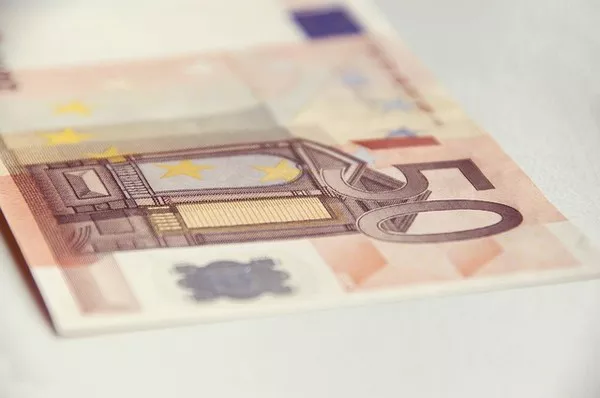A recession is a significant decline in economic activity across the economy, lasting for an extended period. It is characterized by a decrease in GDP, rising unemployment, and reduced consumer spending. In this article, we will analyze whether Europe is currently experiencing a recession, examining key economic indicators, historical context, recent events’ impact, expert opinions, government responses, and future projections.
Definition of Recession
A recession is commonly defined as two consecutive quarters of negative GDP growth. However, other factors, such as rising unemployment and declining consumer confidence, also contribute to identifying a recessionary period.
Current Economic Indicators
As of the latest data available, Europe’s economic indicators paint a mixed picture. While some countries have experienced positive GDP growth, others are facing contraction. Unemployment rates vary across the region, with some countries struggling with high joblessness. Consumer spending has been affected by various factors, including the COVID-19 pandemic and geopolitical tensions.
Historical Context
Europe has faced several economic downturns in recent history. The most notable was the global financial crisis of 2008, which led to a severe recession across the continent. Since then, Europe has experienced periods of recovery and growth, but economic challenges have persisted, exacerbated by factors such as Brexit and the sovereign debt crisis in certain Eurozone countries.
Impact of Recent Events
Recent events, such as the COVID-19 pandemic and geopolitical tensions, have had a significant impact on Europe’s economy. Lockdowns and restrictions to control the spread of the virus have disrupted businesses, leading to job losses and reduced economic activity. Geopolitical tensions, such as trade disputes and sanctions, have also contributed to uncertainty and volatility in the region’s economy.
Comparative Analysis
Compared to other major economies, Europe’s economic performance varies. While some European countries have fared relatively well, others continue to struggle with sluggish growth and high unemployment. The recovery has been uneven across the continent, with disparities in economic resilience and policy responses.
Expert Opinions
Economists and financial experts offer differing perspectives on Europe’s economic status. Some argue that the region is on the brink of recession, citing weak growth and mounting economic challenges. Others are more optimistic, pointing to signs of recovery and the potential for stimulus measures to bolster economic activity.
Government and EU Responses
European governments and the EU have implemented various measures to address economic challenges. These include fiscal stimulus packages, monetary policy interventions, and structural reforms aimed at promoting growth and employment. The EU has also launched initiatives such as the NextGenerationEU recovery plan to support member states’ economic recovery efforts.
Future Outlook
The future outlook for Europe’s economy is uncertain. While some indicators suggest a gradual recovery, risks remain, including the possibility of further pandemic-related disruptions, geopolitical tensions, and structural economic challenges. Projections for GDP growth and unemployment vary depending on the assumptions made and the effectiveness of policy responses.
Implications for Businesses and Individuals
A recession has significant implications for businesses and individuals. For businesses, it means reduced demand, lower revenues, and increased uncertainty. Many may need to adapt their strategies and operations to survive and thrive in challenging economic conditions. For individuals, a recession can lead to job losses, wage cuts, and financial hardship, necessitating prudent financial planning and resilience-building measures.
Advice and Resources
Navigating economic uncertainty requires access to reliable information and resources. Businesses and individuals can benefit from staying informed about economic developments, seeking expert advice, and exploring support programs offered by governments and financial institutions. Resources such as economic forecasts, financial planning tools, and business support services can help mitigate the impact of a recession and position stakeholders for long-term success.
See also Why Euro Is Going Down? A Comprehensive Analysis
Conclusion
While Europe faces economic challenges, including the risk of recession, it also has strengths and opportunities for recovery. By monitoring key indicators, understanding historical context, leveraging expert insights, and implementing appropriate strategies and measures, businesses and individuals can navigate economic uncertainty and position themselves for growth and resilience in the face of adversity.


